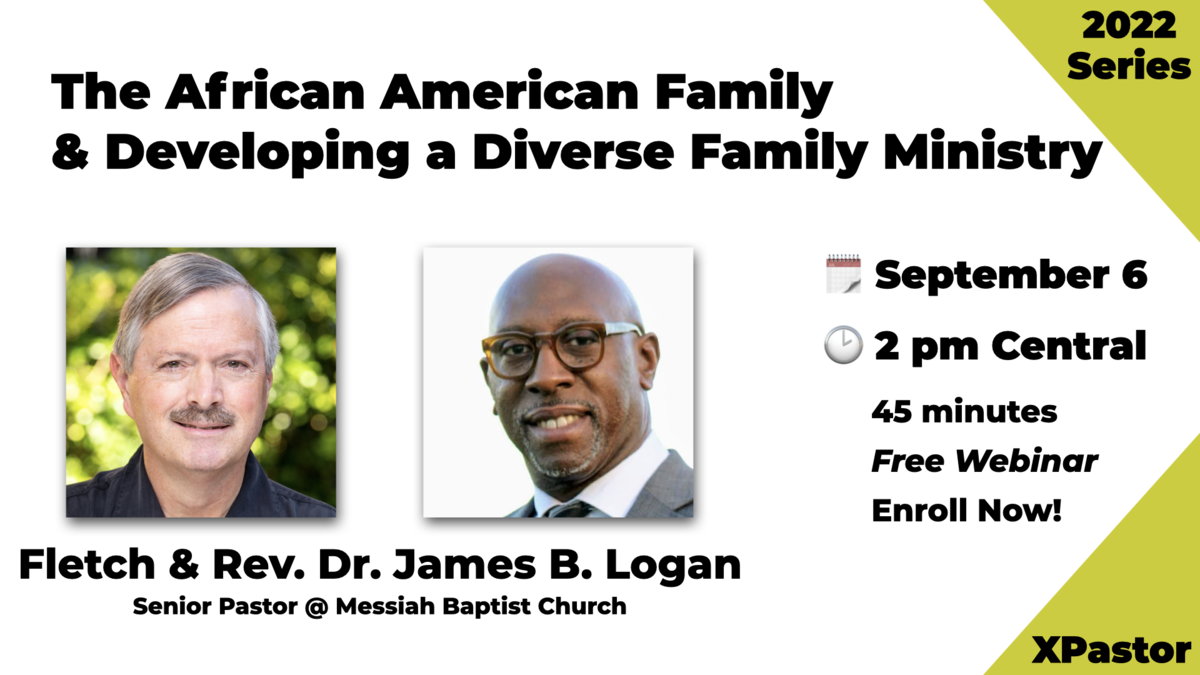A church leader read XPastor’s article, Why Church Membership, and submitted the following thoughts on the topic. The individual suggests expanding the topic to include church discipline and gives examples from their church. This response has been anonymized to protect those involved.
Our church has a strong emphasis on church membership. Our pastor has some strong opinions on why church membership is important. One aspect of which seems to be missing from the Why Church Membership article is church discipline.
Church discipline is an element to be included. Without membership, it is more difficult to have the accountability of members. In following the biblical example of discipline, it starts with the initial parties, then goes up the chain to elders and pastors. Eventually, if someone is out of grace, the greater membership needs to be involved.
Our church has seen some awesome and potentially controversial examples of recovery from sin through the discipline process. One was a pastor from another church who was involved in illicit sexual activities that eventually landed him in prison for two years.
When Church Discipline Works
Let’s talk first about a pastor from another church. When that pastor’s life started falling apart, he had to resign from his position. The church he was in basically kicked him, his wife and two kids out of the church. He had no place to go for recovery. Our pastor met with him, his family, and his extended family who attended our church.
Our church put him through a tailored and structured recovery process. Part of that process was to bring him under the control of our membership. To do this, the membership needed to be informed, especially since his sin was a public issue within our community.
We had a private and secured member-only meeting where this person came, confessed his sin publicly, and stated his desire to go through the discipline process. Our pastor stated that there were two main paths of legal issues and spiritual issues. Our church was only responsible for the spiritual reconciliation. The courts would take care of the rest, which took well over a year before prison time.
The backstory was that we had to put lots of walls around him for our legal protection. He had to have a chaperone whenever he came on campus and he was to have no contact with children—even though his sin was not with children.
He met regularly with an accountability partner. His family became involved at our church with weekly attendance and involvement with kids programs. His wife joined women’s ministry. He joined men’s studies.
He was potentially going to be sentenced to many years in prison, but only had to serve two. We supported his wife and family through the tough times. When he got out, he was not allowed on campus for six months as per a court order. He went through additional accountability meetings and recovery. Eventually he was released from court-ordered church separation. His parole officer was shocked and pleased at how our church worked with him and his family. The community group that I belong to accepted him and his family into our group.
Finally, about a year ago, he finished the reconciliation and recovery process. This included going back to the elder board of his old church and confessing, asking for forgiveness—which was handled well. He was then allowed to become a full member of our church.
He is now involved with counseling others—both in our church and other churches. But before he became a member, we had another private members-only meeting where he shared his recovery process. He told about his meeting with his old church and thanked everyone for their help. There was not a dry eye in the church.
It was through a strong church discipline process of our membership that we saw God working in the lives of this family and others in the church.
When Church Discipline Doesn’t Work—At Least Yet
Not all discipline works out this way. We have another man who has skipped out on the church. He was a member but decided to stop coming to church. He was not being a good husband to his wife, who was also a member. He would not proceed with counseling.
There were multiple people who reached out to him to get him back into the fold. The church needed to notify the general membership what was going on. The membership was officially notified that he was under discipline, and that if anyone has access to him and could help move the needle on his discipline, they should come to the elders. He was officially notified that unless he comes back into the fold, we cannot maintain his membership.
The interesting thing is that he still lives with his wife and she still attends the church. He shut one of his adult children out of his life. That adult is also a member of our church, yet he will not meet with her. I anticipate that at our next church meeting we will be voting him out of membership since he is not responding to the discipline of the church.
Final Thoughts
It was wonderful to see a positive response in the first case cited. We are hopeful that time will bring a change to the man in the second case.
Strong church discipline can allow God to work in the lives of the individuals and church. Any church discipline needs to be done gracefully and with well thought through lines of communication and action.











